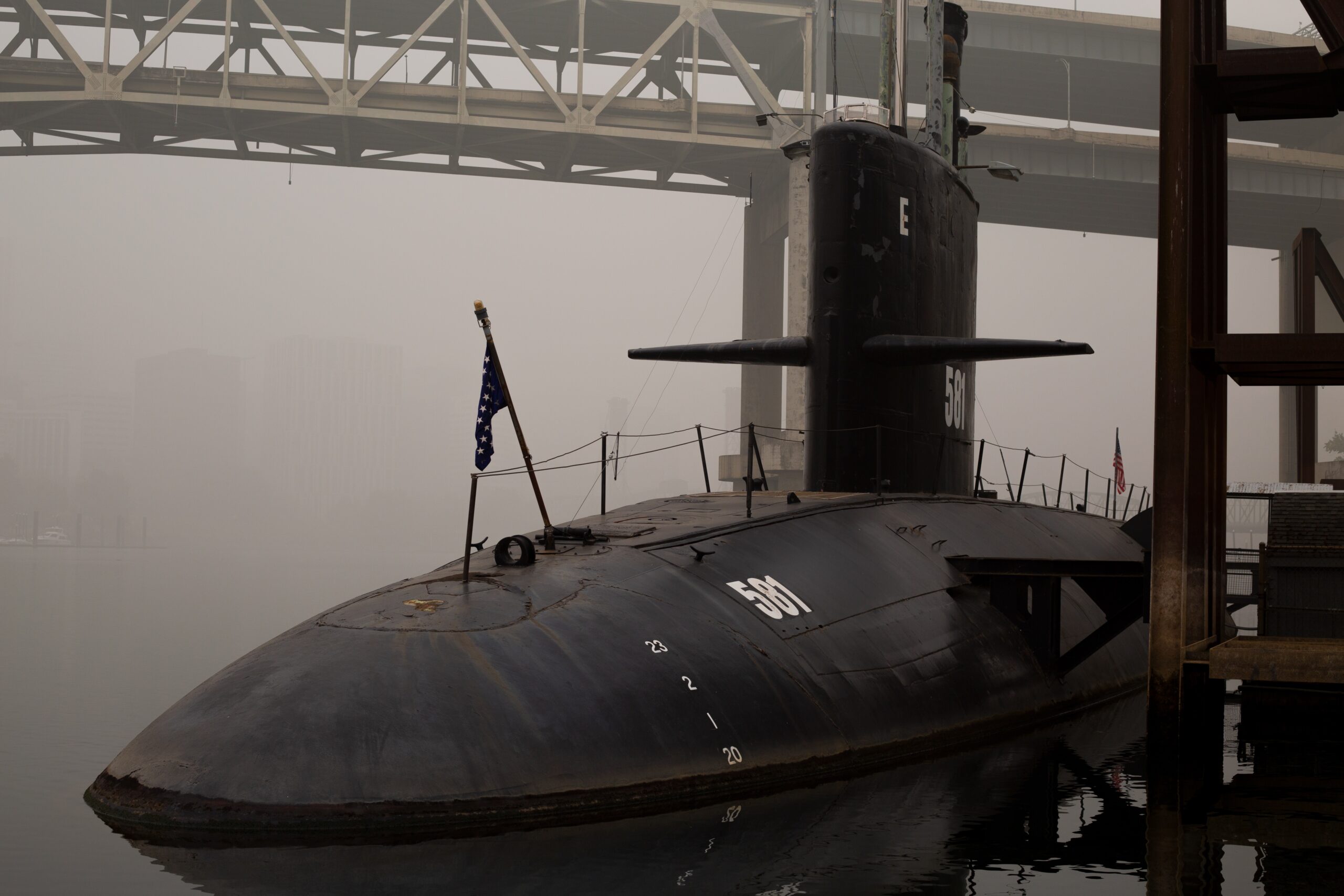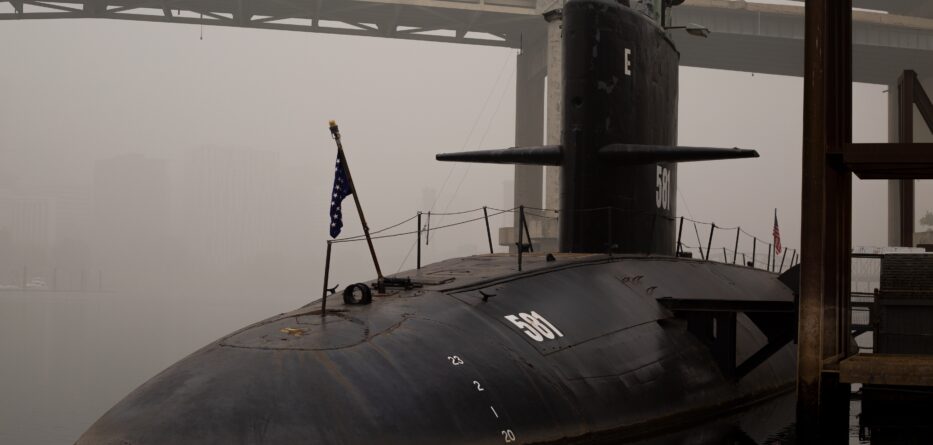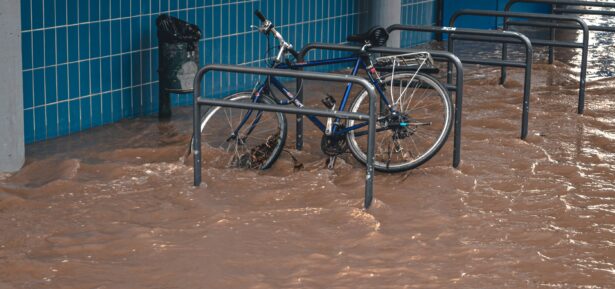

Credit: Unsplash
In a dramatic turn of events, banging sounds were detected underwater during the ongoing search for a submersible that went missing near the wreckage of the Titanic. These mysterious sounds have sparked hope of finding survivors, leading to intensified search and recovery efforts.
Sonar devices deployed to locate the lost 21-foot submersible picked up the banging sounds emanating from beneath the water. Initially detected on Tuesday, the sounds occurred every 30 minutes and were heard again four hours later, according to an internal government memo obtained by CNN.
Details regarding the exact timing and duration of the banging sounds remain unclear, but a subsequent update indicated that additional acoustic feedback was heard. This information not only aids in guiding surface assets but also reinforces the belief that survivors may still be present.
The US Coast Guard reported that Canadian P-3 aircraft detected underwater noises, prompting the reallocation of resources to investigate their source. However, the agency tweeted early on Wednesday that searches had yielded negative results.
BREAKING: The U.S. Coast Guard said a Canadian aircraft has detected underwater noises during the search for a submersible missing near Titanic wreckage. https://t.co/9KQBbaA2oL
— The Associated Press (@AP) June 21, 2023
The dwindling oxygen supply on the small submersible compounds the urgency of the situation. As of midnight Wednesday morning, there may be less than 30 hours of breathable air left, based on the last estimate provided by US Coast Guard officials.
Named “Titan,” the submersible carried one pilot and four mission specialists when it lost contact with its mother ship approximately 1 hour and 45 minutes into its journey to explore the Titanic wreckage. As time runs out, a collaborative effort is underway, involving military and commercial assets from the US, Canadian Armed Forces, New York Air National Guard, and even a research ship dispatched by French President Emmanuel Macron.
Retired Navy Capt emphasizes the challenging nature of this task. Ray Scott “Chip” McCord, has overseen several salvage operations throughout his 30-year career. In response to the situation, the US Navy is deploying subject matter experts and a “Flyaway Deep Ocean Salvage System” designed to lift heavy undersea objects.
While search efforts are underway, the passengers on board the submersible are confronted with a dire situation. David Gallo, senior adviser for Strategic Initiatives at RMS Titanic, noted the decreasing oxygen levels and the fight against the cold that the passengers would be experiencing. The whereabouts of the vessel, whether still submerged or surfaced, remain unknown.
-
Plans for Neom’s ambitious “The Line,” a zero-carbon city in Saudi Arabia, have been revised, scaling back its initial...
-
President Joe Biden’s reelection strategy takes a surprising turn as the Rust Belt, not the Sun Belt, emerges as...
-
In a significant escalation of the ongoing dispute over misinformation, Brazil Supreme Court Justice Alexandre de Moraes has initiated...
-
In a significant legal development, U.S. District Judge Aileen Cannon has declined former President Donald Trump’s request to dismiss...
-
Mumbai Takes the Throne for the Most Billionaires in Asia In a historic milestone, Mumbai has overtaken Beijing to...
-
Major Collision Causing the Collapse of the Bridge The recent collapse of the Francis Scott Key Bridge in Baltimore,...
-
Donald Trump is on the brink of a crucial deadline in a business fraud case, with just a few...
-
Sylvia Gonzalez, a newly elected city council member in a small Texas community, was embroiled in controversy when she...
-
French President Emmanuel Macron emphasized the need for Western powers to remain vigilant in the face of the Ukraine...
-
Is TikTok Getting Banned in the States? The United States House of Representatives has voted with bipartisan support to...
-
The 2024 Election Race Continues Between Joe Biden and Donald Trump With the 2024 general election drawing closer, President...
-
The Philippines has strongly denounced what it described as “unprovoked acts of coercion and dangerous maneuvers” by China in...




















